Computational social science is one of the fastest growing fields globally. Situated at the intersection between social science and data science, it aims to generate insights into social issues and phenomena through developing research projects that use digital data and platforms as tools and sources for empirical inquiry into social behaviour in the digital age.
Developing key national capabilities
The Computational Social Science Lab aims to develop key national capabilities in computational social science by training and supporting the next generation of PhD students and fostering interdisciplinary collaboration among researchers in this rapidly growing field.
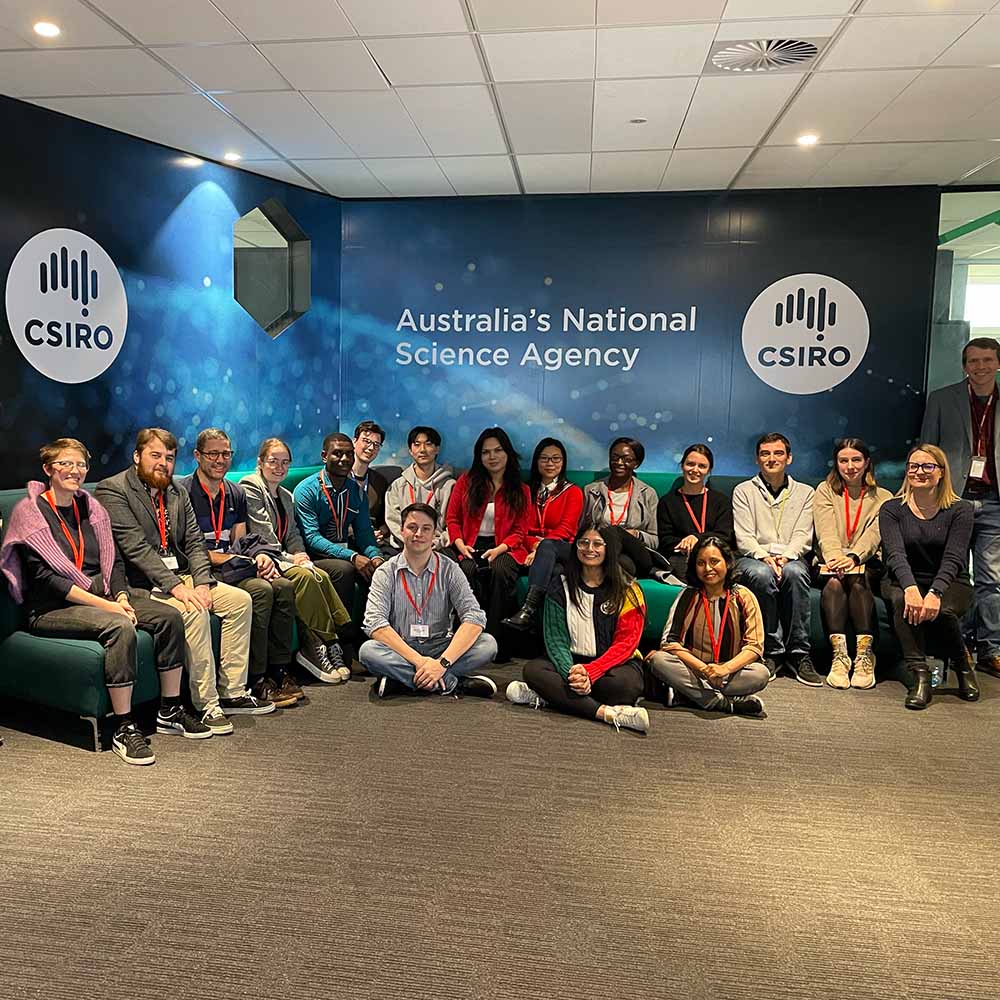
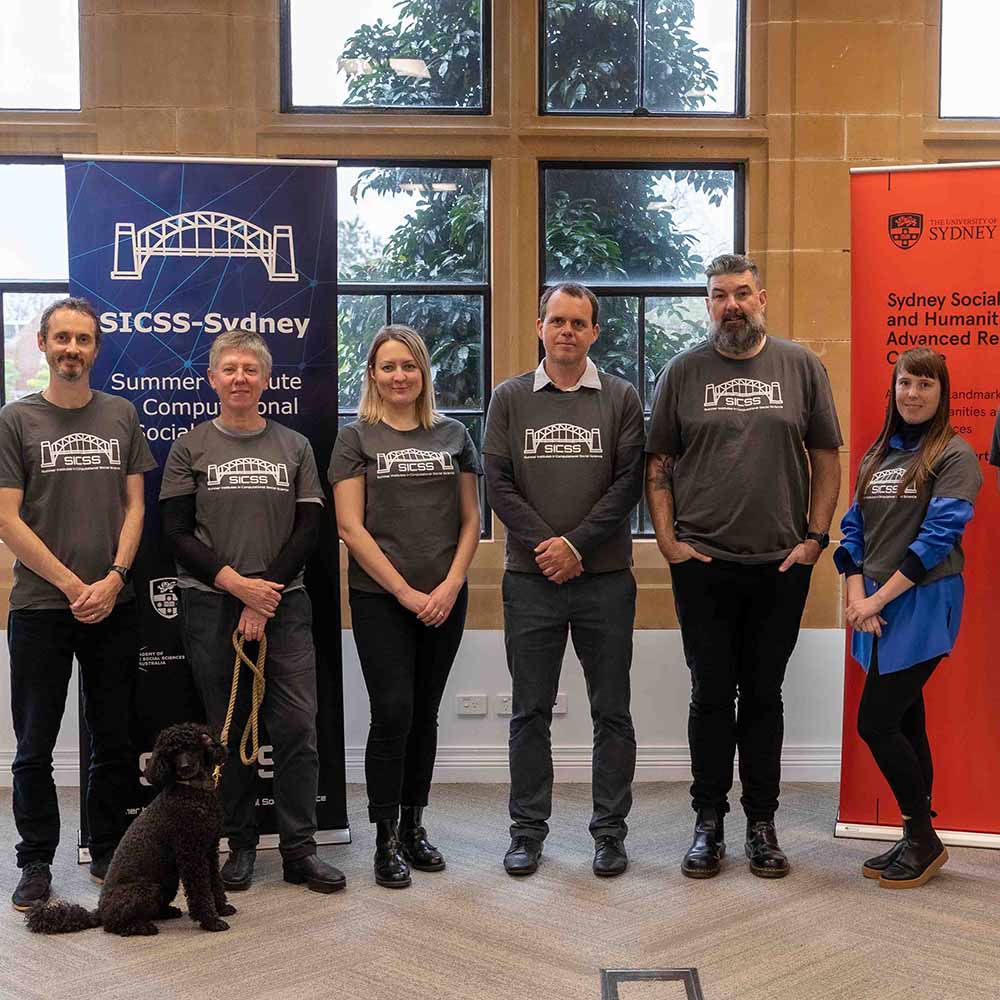
Building on a successful track record
The Lab builds on a successful track record of the Social Media and Data Science Research Group, which won the 2019 Theta-X Grand Challenge and has been developing state-of-the-art approaches to collecting and analysing social media data to understand its broader societal implications. We are situated within the interdisciplinary, research-intensive environment of the Sydney Social Sciences and Humanities Advanced Research Centre (SSSHARC) at the University of Sydney.
Projects that tap into existing strengths
Our projects tap into existing strengths and expertise of the Social Media and Data Science Research Group and affiliated faculty surrounding modelling and analysing data-based representations of individuals and communities and algorithmic bias associated with these emerging regimes of knowledge production.
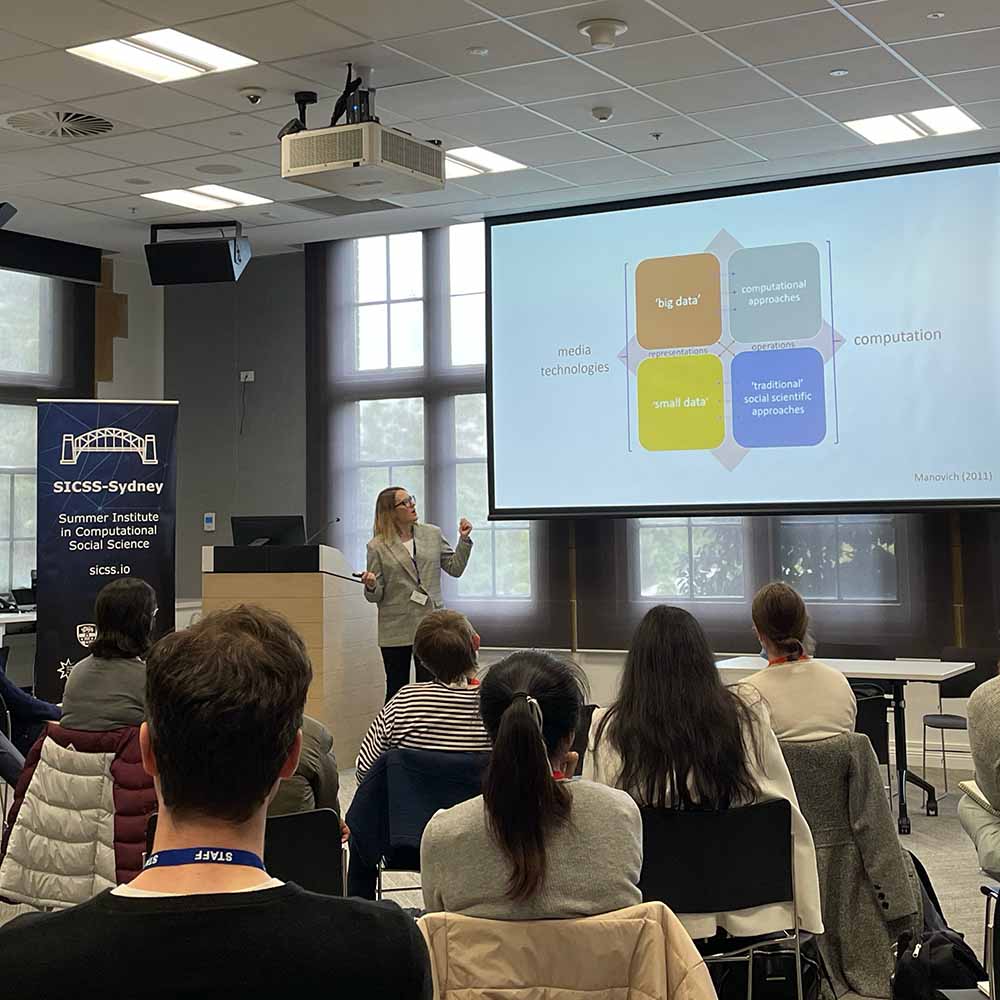
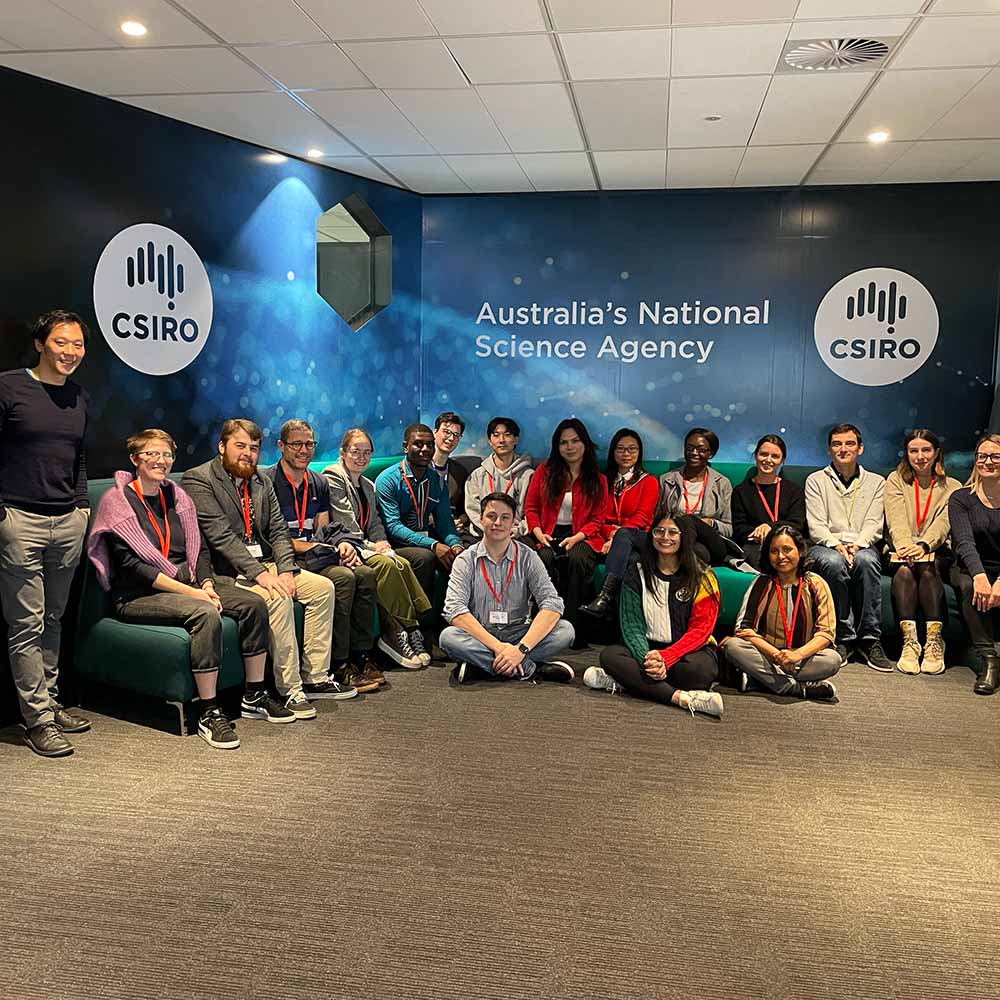
A significant track record
Our core faculty bring a significant track record of research excellence in key areas of computational social science: topic modelling, network analysis, data visualisation, machine learning, and artificial intelligence. Coming from different disciplines across two Faculties, our work is focussed on modelling and analysing data-based representations of individuals and communities, including biases associated with these regimes of knowledge production.
PhD students from multidisciplinary backgrounds
Our PhD cohort includes students with a background in computational social science, digital humanities, and/or data science with a strong regional and/or domain expertise. The supervisory team typically combines two or more disciplinary backgrounds. This exposes PhD candidates to different traditions within computational social science, allows challenging research questions to be tackled, and contributes to the creation of long-term multidisciplinary collaborations within the University.
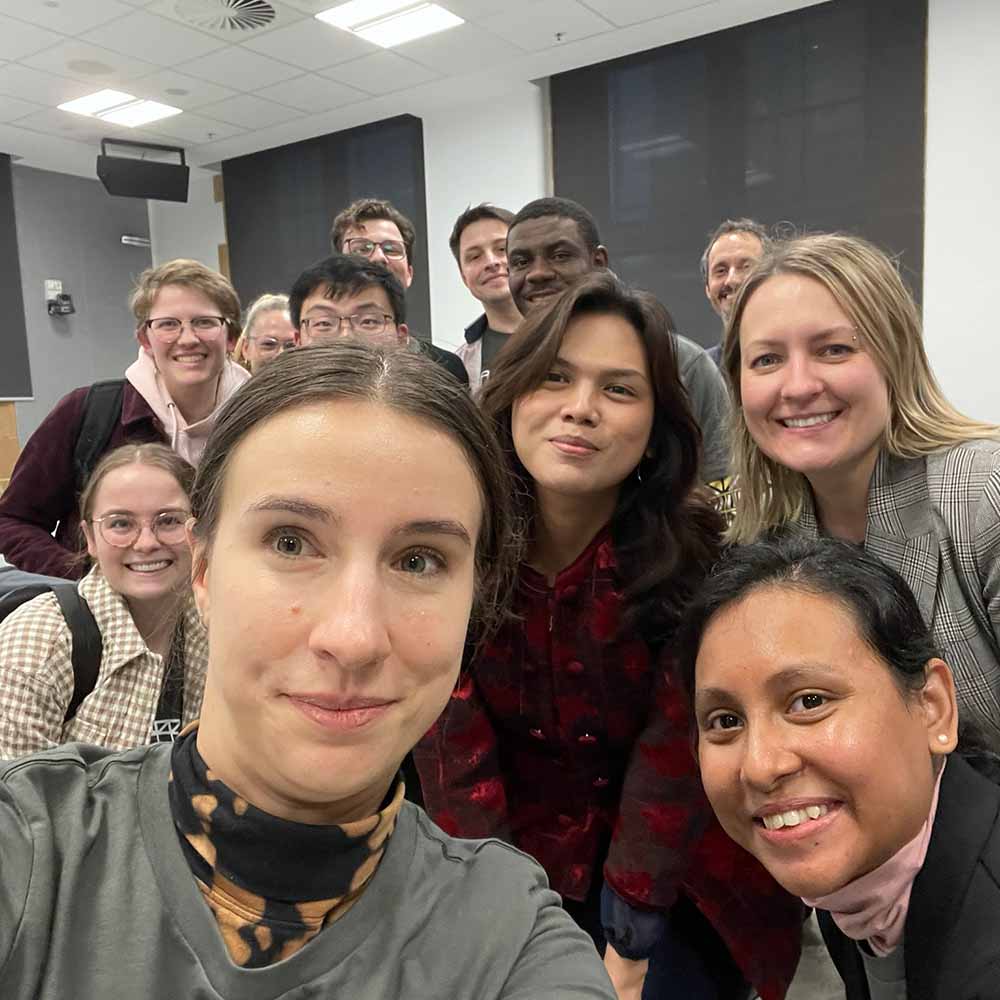
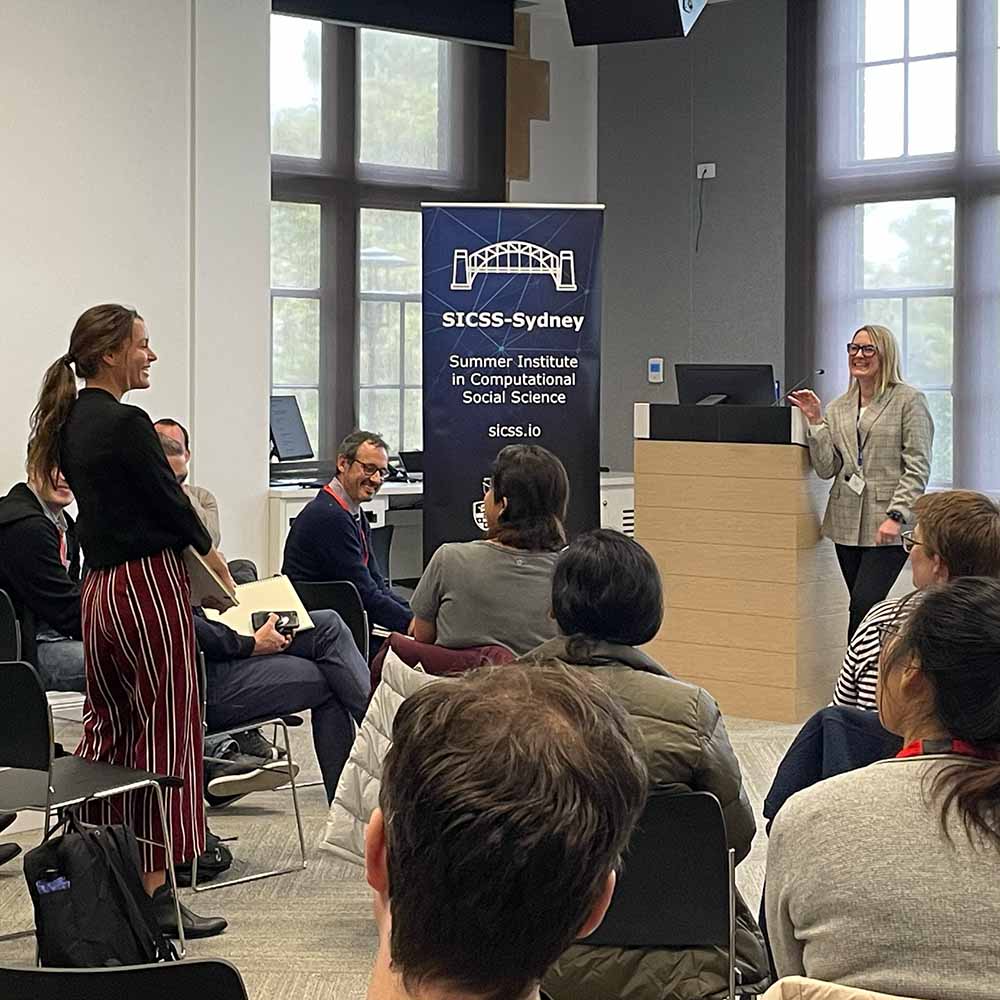
Successful projects employ a range of approaches for a critical understanding of big data and computation in their sociotechnical contexts. We particularly support and incubate projects that involve creating, applying, testing or evaluating a range of computational approaches (e.g. data visualisation, corpus linguistics, topic modelling, network analysis, statistical machine learning) to investigate various potential datasets (including those collected from social media, news media, policy documents, etc.) and answer important theoretical and empirical questions to address socially significant issues in contemporary society. Our projects cover a wide range of social domains including, but not limited to disinformation, digital literacies, platform governance, national security, and many others.
